The WOW Factor: Case Worker Kylie Shares Her Story
Image: Kita Lawrence
Words: Rob O’Hara
“By engaging in the WOW program, the women became more open to engaging with their workers around mental health… The program allowed for this and allowed for the women to be more open and trusting in the work we are doing with them at the shelter. We’re now more open to these kinds of programs. As a worker, it made me realise that these programs work.”
Kylie is a 42-year-old mother, ocean lover and case worker supporting women living at the Northern Beaches Women’s Shelter (NBWS). Kylie attended the 8-week Waves of Wellness Women’s surf therapy program with a group of 12 women living at the shelter in March 2022. The women attending the program came from a range of backgrounds and mental health experiences.
“The ladies have come from complex and diverse backgrounds who are escaping domestic violence. We had a broad range of clients attending - diverse languages, ages, willingness to get into the water… (and) complex mental health diagnoses.”
NBWS is a safe haven for women so they can rebuild their lives, and the 12 women in WOW’s program were living there because they were escaping domestic violence. Kylie’s manager at the shelter had previously worked with WOW to support her clients and suggested surf therapy as a positive mental health intervention for the women at the shelter.
“(We) wanted to get the women involved in something that incorporated the natural environment. They all benefit from that approach to mental health.”
We asked if Kylie felt nervous prior to the first session of the program:
“Yep!” she laughed. “(We) had an idea of the discussion format - but had no idea how facilitators would manage that. The conversation topics looked like they would make people vulnerable, and we were nervous that they would leave the program feeling open and vulnerable in an uncomfortable way. We were interested to see how the conversations would be managed… and how the WOW team would manage such a diverse group – (with varied) personalities, expectations of the women attending the group and swimming ability. This was unknown and made me feel nervous.”
Kylie also expressed initial nervousness towards the surfing component of the program.
“I have a healthy respect for the ocean, and I could understand the hesitation of the women in getting in the water - beyond what they were comfortable with. I understood the fear in the women around this.”
However, from the first session, trust and connection was established among the group.
“Getting to meet facilitators and volunteers was really special and the ladies absolutely loved it… I found that over time, because we were willing (as program facilitators and case workers) to give a bit of ourselves in the program, we got a bit more from them - as they knew us more and trusted us more. Facilitators handled this well to manage the conversation and give everyone space to talk and a voice within the group… There was always a shift towards the end of the conversations, so that it ended on a supportive and positive note.”
This trust continued to develop across program sessions, with participants freely engaging with the program
“(Outside of the program) these participants often wouldn’t engage, open up or challenge their comfort zones - even the fact that they showed up each week was amazing, let alone engage in the program as they did. Some participants were surprised by how much they got from it.”
The women also established strong connections with the male program facilitators.
“Positive male role models were one of the biggest impacts - the women really commented on this - how understanding and gentle they were… the engagement was really respectful… Many haven’t seen these qualities in men before.
“It was so important to create a positive environment with men. The amount of feedback surrounding the benefits of positive male role models was among our biggest surprises from the program.”
The program became a weekly highlight for participants and workers and was a time to look forward to.
“How beautiful it was to take the time out each week to engage with participants, knowing that we had this time aside where we could focus on the ladies. It was nice to sit with the ladies where they were at.”
Following the completion of the WOW program, Kylie noted significant ongoing benefits - both for participants, and the way workers approach mental health support at the Women’s Shelter.
“The program felt really special to them. The discussions triggered further discussions for us at the shelter. I felt as a worker that this fed into what we do as a service, and conversations from the beach linked into further discussion about things that we often wouldn’t explicitly talk about. It supports the work that we do here well.
“Since engaging in the WOW program, we’ve now set up a games night (at the shelter) that we run on a Friday night. Previously, we thought that the women wouldn’t be into it, but after getting to know them more throughout the program, we wanted to make our work with them more fun, rather than primarily sitting down for face-to-face meetings.”
For those considering participating in a WOW program, Kylie had this to say:
“Totally, do it! I would absolutely recommend it. Pushing and understanding your comfort zone physically and in the group discussion in a safe environment is just positive. It’s a safe environment with the WOW guys.”
About NBWS: The Northern Beaches Women's Shelter (NBWS) supports homeless women by equipping them with temporary and/or transition housing as well as the therapeutic, clinical and practical tools they need to regain their independence and well-being. They also work to raise awareness about female homelessness and the issues behind its alarming growth rate, across the Northern Beaches specifically and Australia generally.

